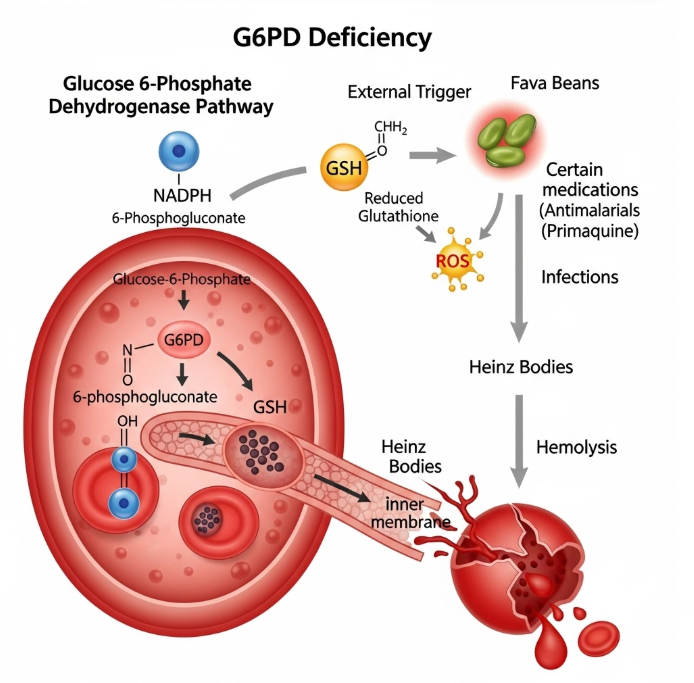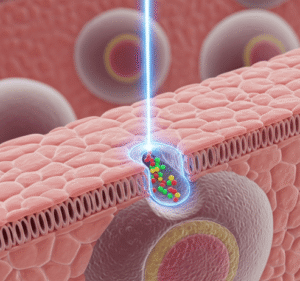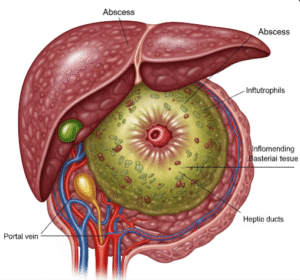Overview
Glucose-6-phosphate dehydrogenase (G6PD) deficiency is a genetic enzyme disorder that affects red blood cells, making them more vulnerable to breaking down under certain stressors like infections, some foods, or medications. It is one of the most common enzyme deficiencies worldwide. In Korea, awareness and diagnosis of G6PD deficiency have improved, ensuring better management and prevention of complications.
What is G6PD Deficiency?
G6PD deficiency is a hereditary condition caused by mutations in the G6PD gene, leading to a lack of the enzyme necessary for protecting red blood cells from oxidative damage. Without enough G6PD enzyme, red blood cells can rupture prematurely (hemolysis), causing anemia and other health problems.
Symptoms
- Sudden onset of fatigue and weakness
- Pale or jaundiced (yellow) skin and eyes
- Dark-colored urine
- Rapid heart rate
- Shortness of breath
- Enlarged spleen (in some cases)
- In severe cases, acute hemolytic anemia after exposure to triggers
Causes
- Genetic mutations inherited in an X-linked recessive pattern (mostly affects males)
- Exposure to oxidative stress from:
- Certain medications (e.g., sulfa drugs, antimalarials)
- Infections
- Foods like fava beans (favism)
- Chemicals such as naphthalene (found in mothballs)
Risk Factors
- Male gender (X-linked condition)
- Family history of G6PD deficiency
- Living in or originating from areas with high prevalence (Middle East, Africa, Asia, including some Korean populations)
- Exposure to known oxidative triggers
Complications
- Hemolytic anemia (rapid destruction of red blood cells)
- Severe jaundice leading to kernicterus in newborns
- Chronic nonspherocytic hemolytic anemia (rare)
- Increased risk of gallstones due to ongoing hemolysis
Prevention
- Avoid known triggers: certain drugs, foods (especially fava beans), and chemicals
- Early diagnosis through newborn screening or family history assessment
- Educate patients and families about avoiding oxidative stressors
- Prompt treatment of infections to minimize hemolysis risk
Treatment Options in Korea
South Korea offers comprehensive care for G6PD deficiency with emphasis on diagnosis, prevention, and management:
- Diagnosis
- Enzyme activity assay tests at major hospitals and specialized labs
- Genetic testing available for confirmation and family counseling
- Management
- Avoidance of known hemolytic triggers through patient education
- Supportive care during hemolytic episodes including hydration and blood transfusion if necessary
- Regular follow-up at hematology clinics in hospitals such as Seoul National University Hospital and Samsung Medical Center
- Genetic Counseling
- Offered to families for understanding inheritance patterns and risks for offspring
- Public Awareness and Newborn Screening
- Increasing awareness programs and newborn screening initiatives in some regions of Korea to detect G6PD deficiency early













